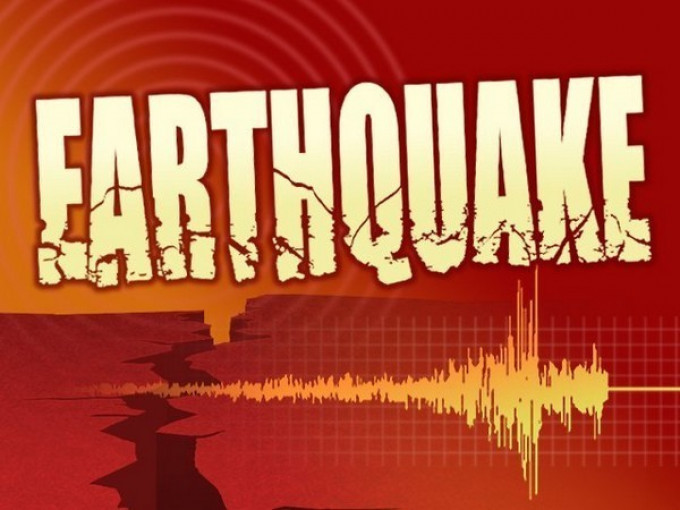The World Health Organization (WHO) classified on Friday the latest variant B.1.1.529 of SARS-CoV-2, which was first reported from South Africa, as a "Variant of Concern" (VOC), and asked countries to enhance surveillance and sequencing efforts.
South Africa has seen infections increasing steeply in recent weeks, which has coincided with the detection of B.1.1.529 variant. The variant, now named Omicron, was first confirmed from a specimen collected in South Africa on Nov. 9, and first reported to WHO on Wednesday, said the organization.
According to the WHO's definition, a VOC, has been demonstrated to be associated with one or more of the following changes at a degree of global public health significance: increase in transmissibility or detrimental change in COVID-19 epidemiology; or increase in virulence or change in clinical disease presentation; or decrease in the effectiveness of public health and social measures or available diagnostics, vaccines, therapeutics.
"This variant has a large number of mutations, some of which are concerning," said WHO in a statement, while warning of an increased risk of reinfection as compared with other VOCs, as the number of cases of this variant appears to be increasing in almost all provinces in South Africa.
Concerning the latest VOC, WHO has called on countries to enhance surveillance and sequencing on circulating SARS-CoV-2 variants, submit complete genome sequences and metadata to a publicly available database, and report initial VOC cases or clusters to WHO.
It has also recommended field investigations and laboratory assessments to better understand the potential impacts of the VOC on COVID-19 epidemiology, the effectiveness of public health and social measures and antibody neutralization.
READ ALSO:








1672397318_680.jpg)